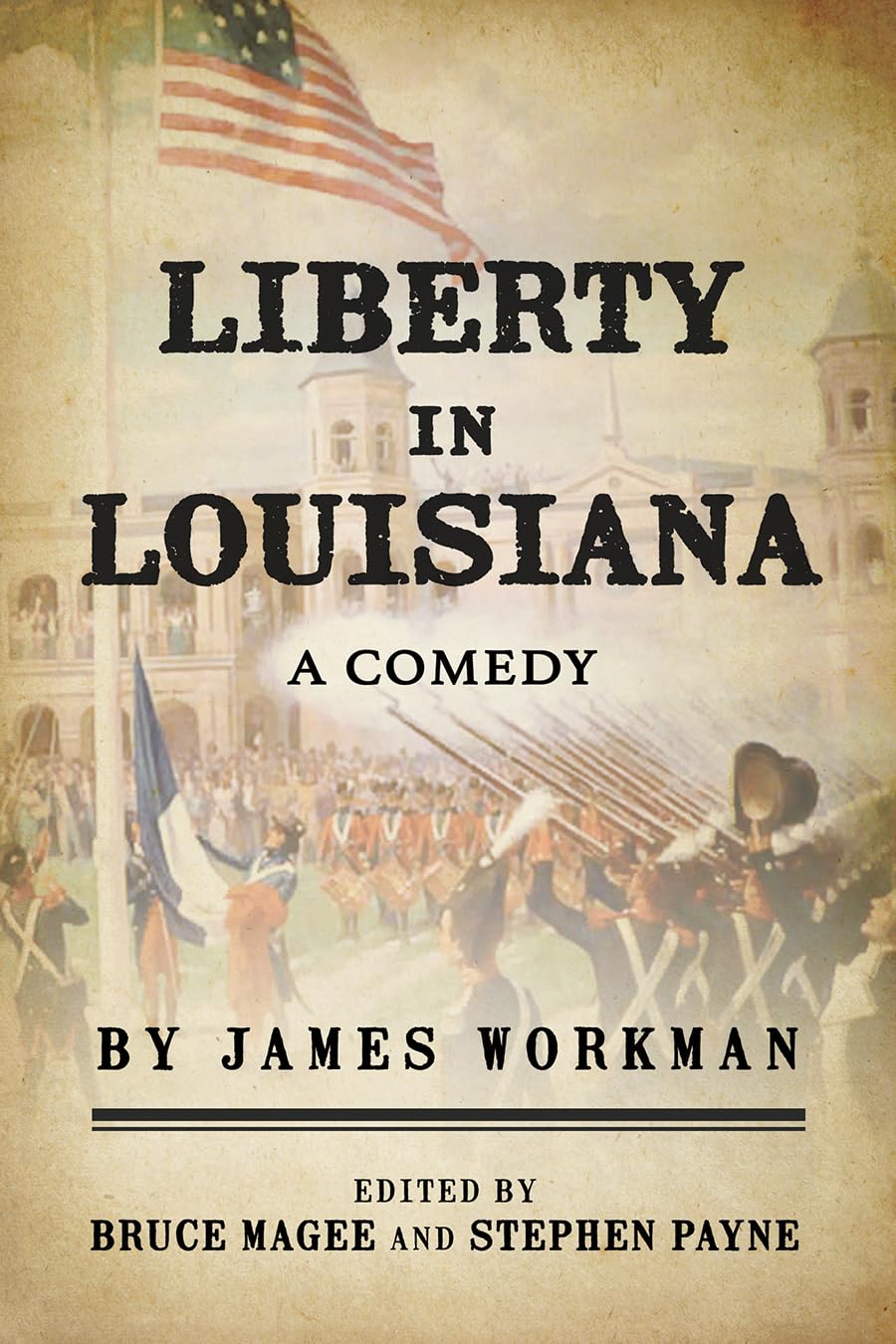Stephen M. Payne

Stephen M. Payne writes mystery/detective fiction. He earned his BA (British History) and his MA (Eighteenth-Century English Literature ) from Louisiana Tech University. He also attended Harvard Divinity School for the Master of Theological Studies program and the University of Southern Mississippi for the Master of Library and Information Sciences. He co-edits the Louisiana Anthology website, the largest collection of texts about the Pelican State. He also co-hosts the weekly Louisiana Anthology Podcast.
Schedule
1:00 pm to 1:45 pm
State Capitol, Senate Committee Room C
Workman’s Liberty in Louisiana, Louisiana’s Oldest Play: A Comedy of Manners
with Bruce R. Magee and Stephen M. Payne
2:00 pm to 2:45 pm
Cavalier House Books Tent
Book Signing

Liberty in Louisiana: A Comedy by James Workman